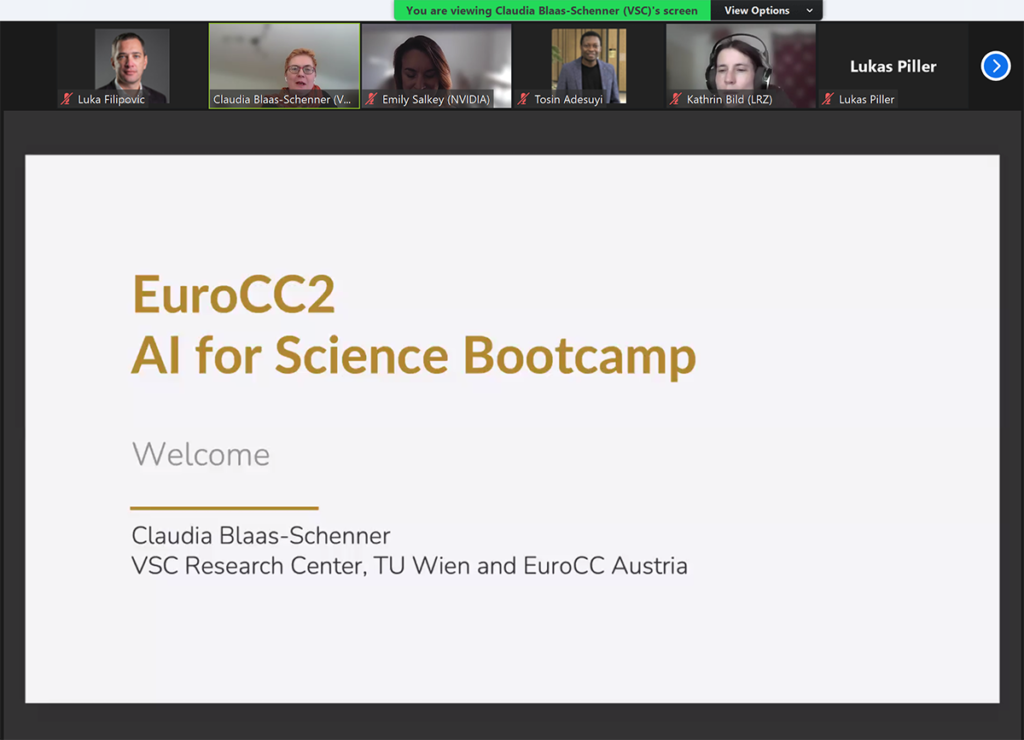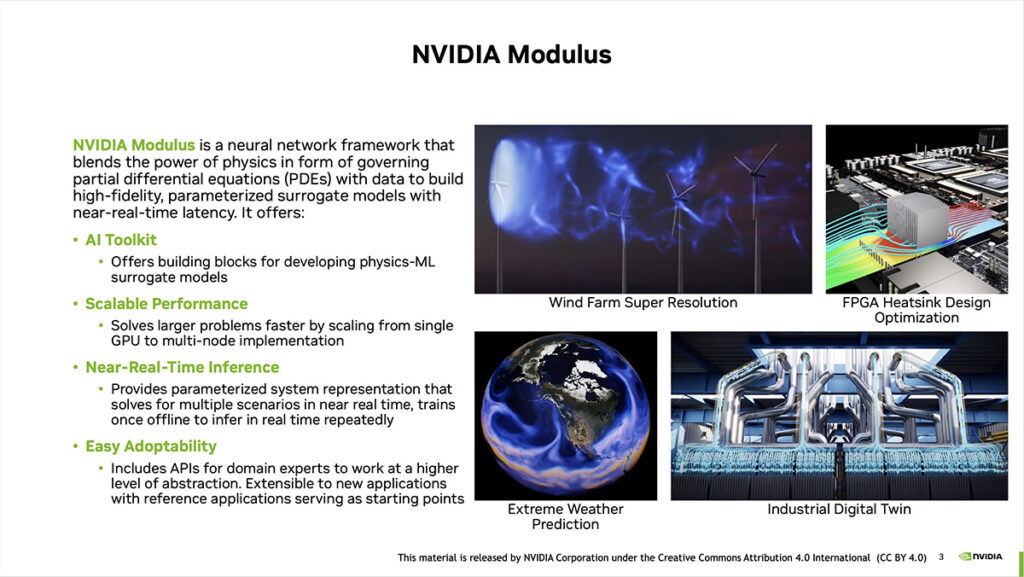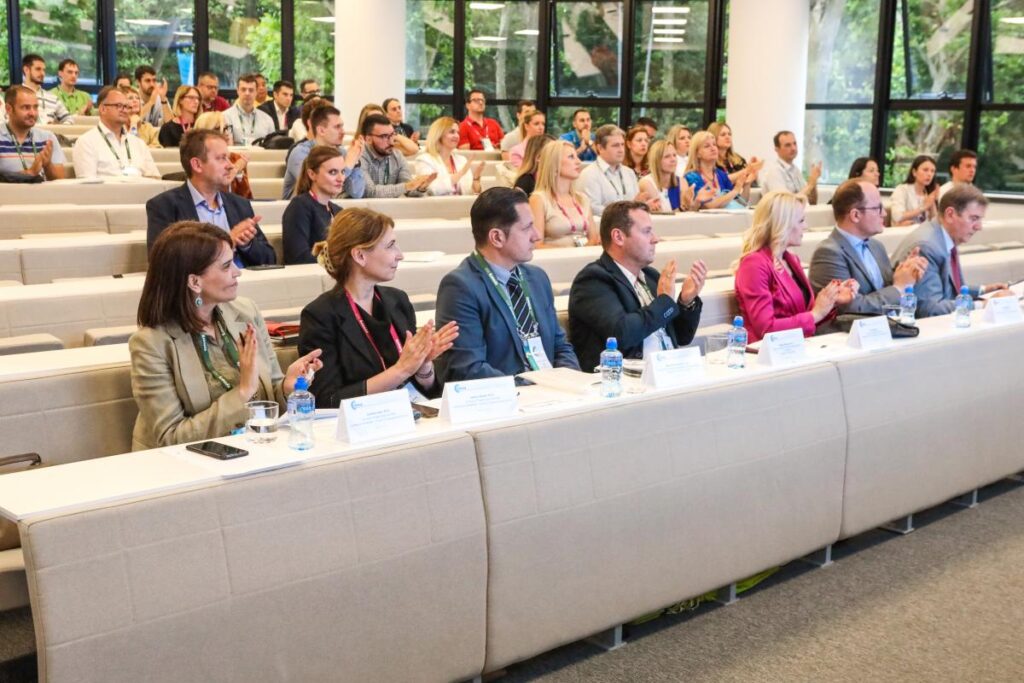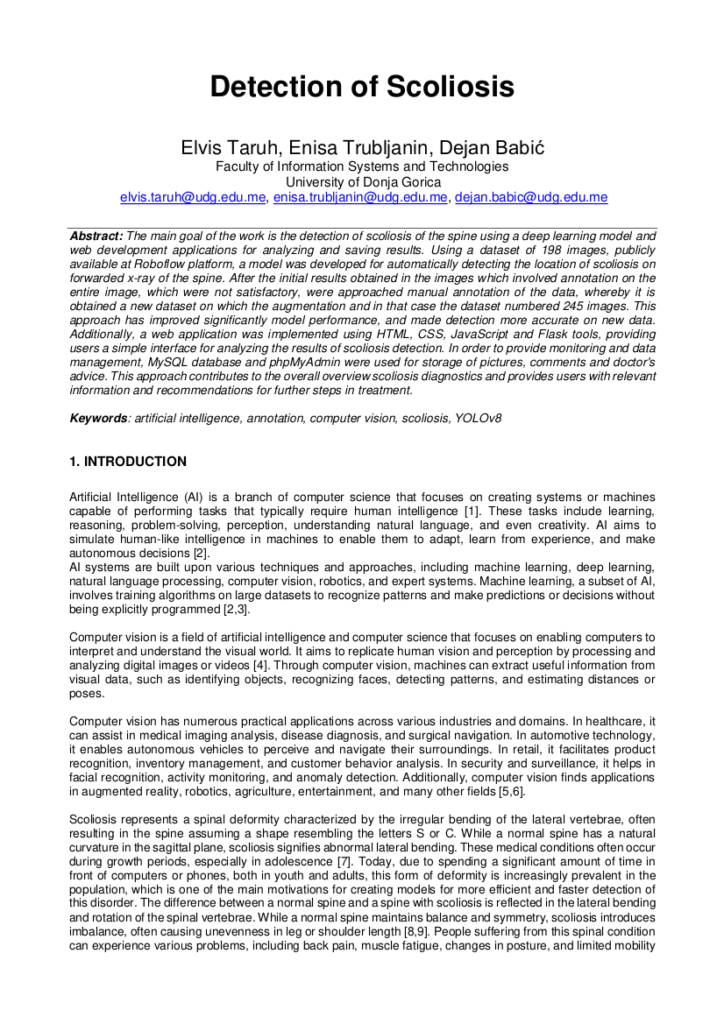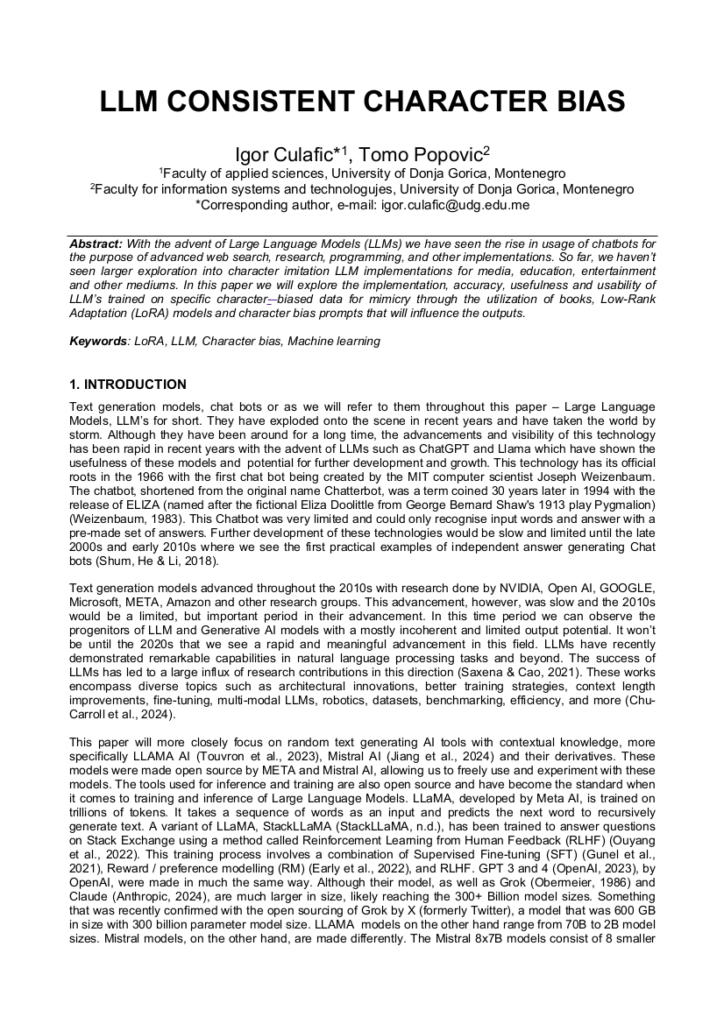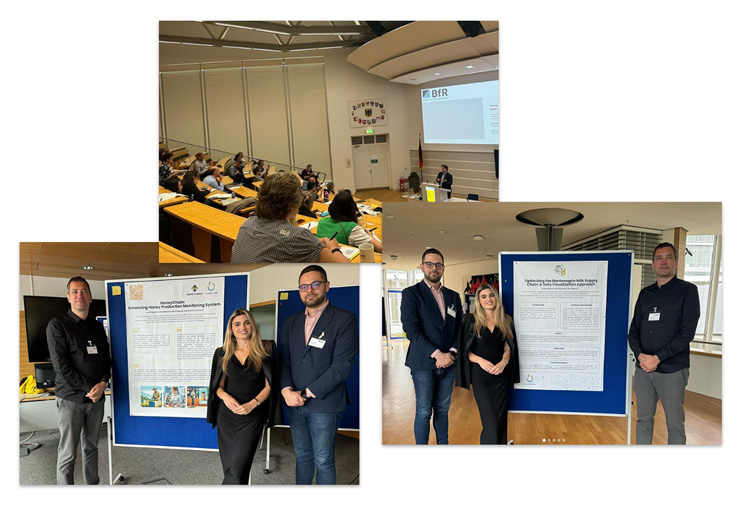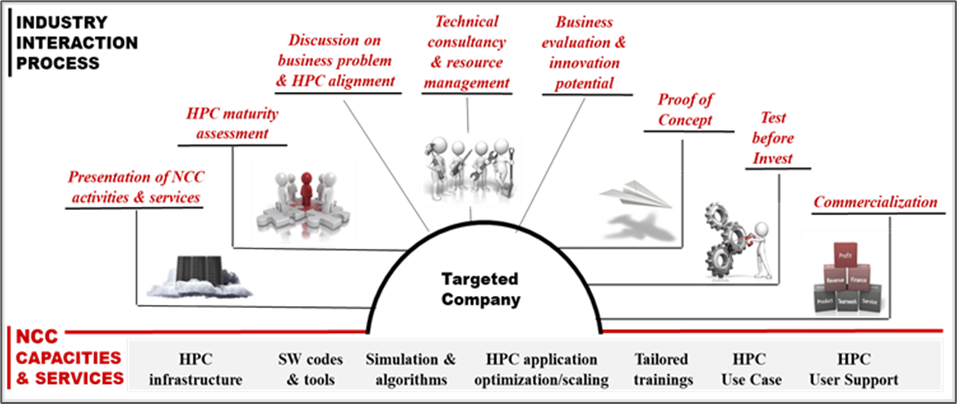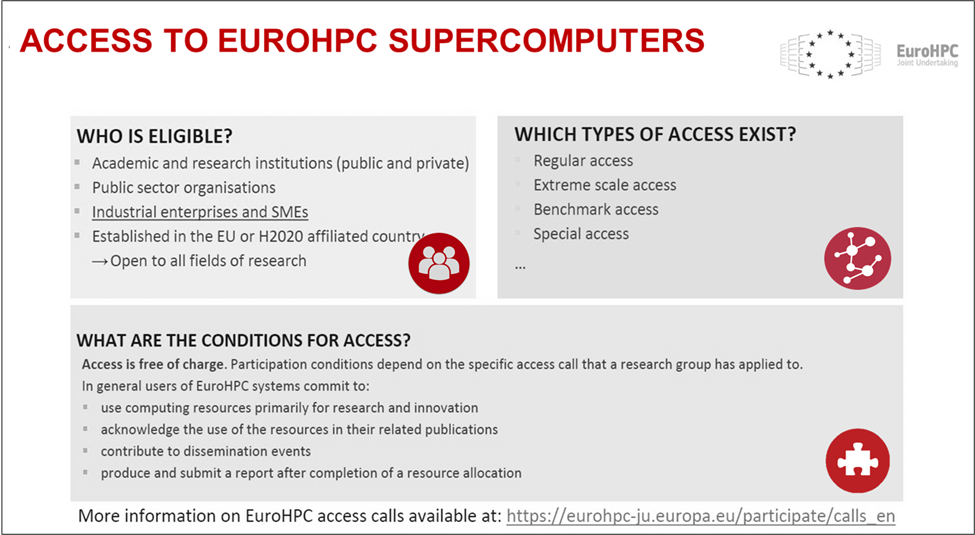The Montenegrin National Center of Competence in High Performance Computing (NCC Montenegro) invites Montenegrin companies to take advantage of the unique opportunity to improve their business using advanced HPC technologies and artificial intelligence and apply for the FFplus call for business experiments and innovative studies. NCC Montenegro, as a center that coordinates initiatives in the field of HPC at the national level, will provide support in the assessment of the company’s readiness for HPC and AI, but also in the selection of EuroHPC JU resources and in finding partners in accordance with expertise and potential.
FFplus is a European initiative that highlights and promotes the adoption of High Performance Computing (HPC) by SMEs and start-ups across Europe. The scope of targeted actions includes solving business challenges through computer methods (modeling and simulation, data analytics) on HPC systems, as well as the use of supercomputer resources for the development of software solutions and (generative) artificial intelligence (AI) services.
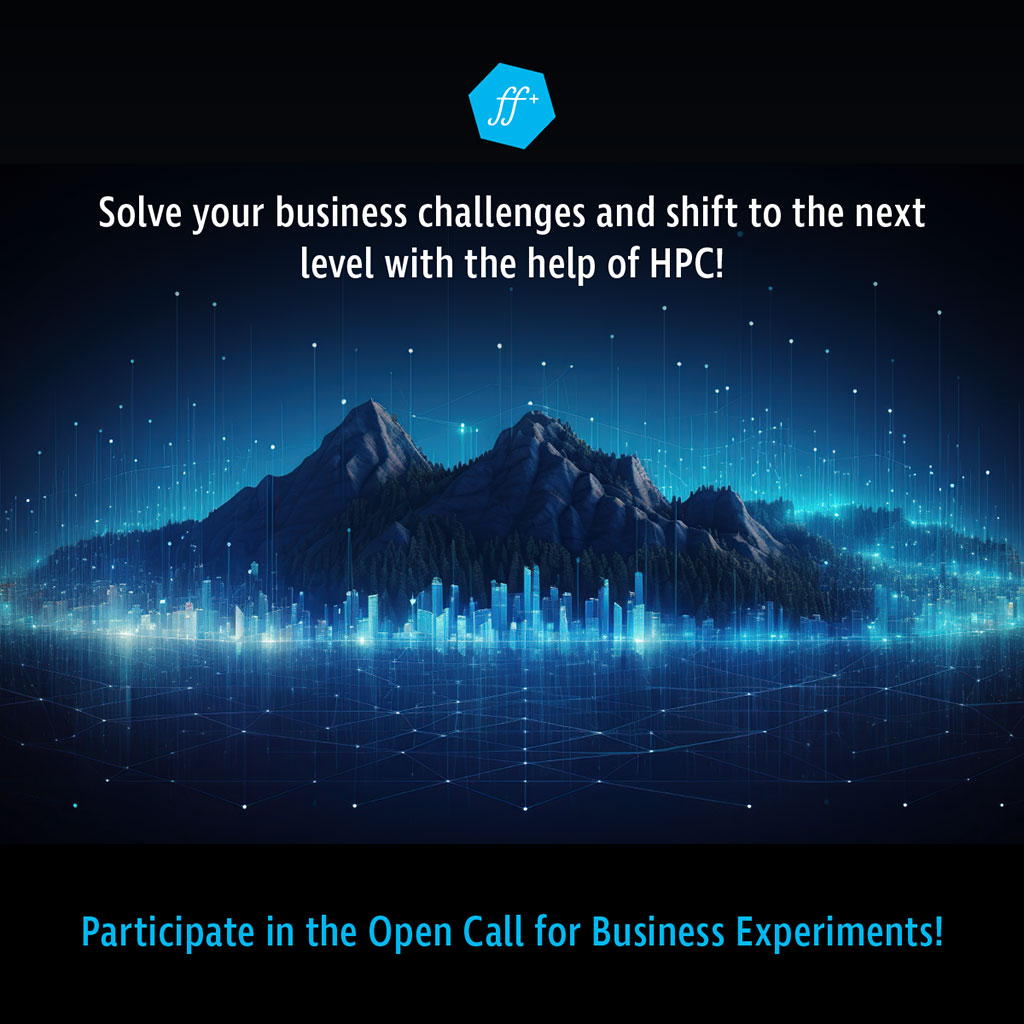
With more than a decade long history and a strong reputation in Europe, the Fortissimo projects (Fortissimo 1 and 2, FF4EuroHPC) received a budget of 42.8 million euros and successfully performed more than 130 experiments involving more than 300 partners. These efforts have resulted in 120 success stories from over 20 EU countries, where SMEs have developed new products and services with the help of high-performing computing (HPC) and artificial intelligence, thereby boosting the EU economy. Building on the methods and achievements of the Fortissimo project series, the FFplus call, with a total budget of EUR 30.0 million, including EUR 24.0 million for SMEs and startups, will continue to support and empower SMEs and startups towards innovations.
SMEs and start-ups now have the opportunity to convey their innovative potential through two types of open calls of the FFPlus project (open until September 4th, 2024):
- Business experiments will address HPC adoption by SMEs to address specific business challenges of SMEs that have not previously used or had no experience with HPC services.
- The maximum request for financing per proposal is 200,000 euros. Expected duration of the experiments: a maximum of 15 months with a planned start on January 1st, 2025.
- Per application, it is possible to have a maximum of five partners in the consortium
- The call is intended for experiments involving innovative, agile SMEs, focused on innovations resulting from the use of advanced HPC services.
- The maximum request for financing per proposal is 200,000 euros. Expected duration of the experiments: a maximum of 15 months with a planned start on January 1st, 2025.
- Innovation studies will support European SMEs and start-ups already active in the field of generative AI technology, which lack the necessary computing resources to scale up.
- The maximum total funding for each innovation study is 300,000 euros. Expected duration of the experiments: a maximum of 10 months with a planned start on December 1st, 2024.
- A maximum of three partners are allowed per application. There are no indirect costs.
- The maximum total funding for each innovation study is 300,000 euros. Expected duration of the experiments: a maximum of 10 months with a planned start on December 1st, 2024.
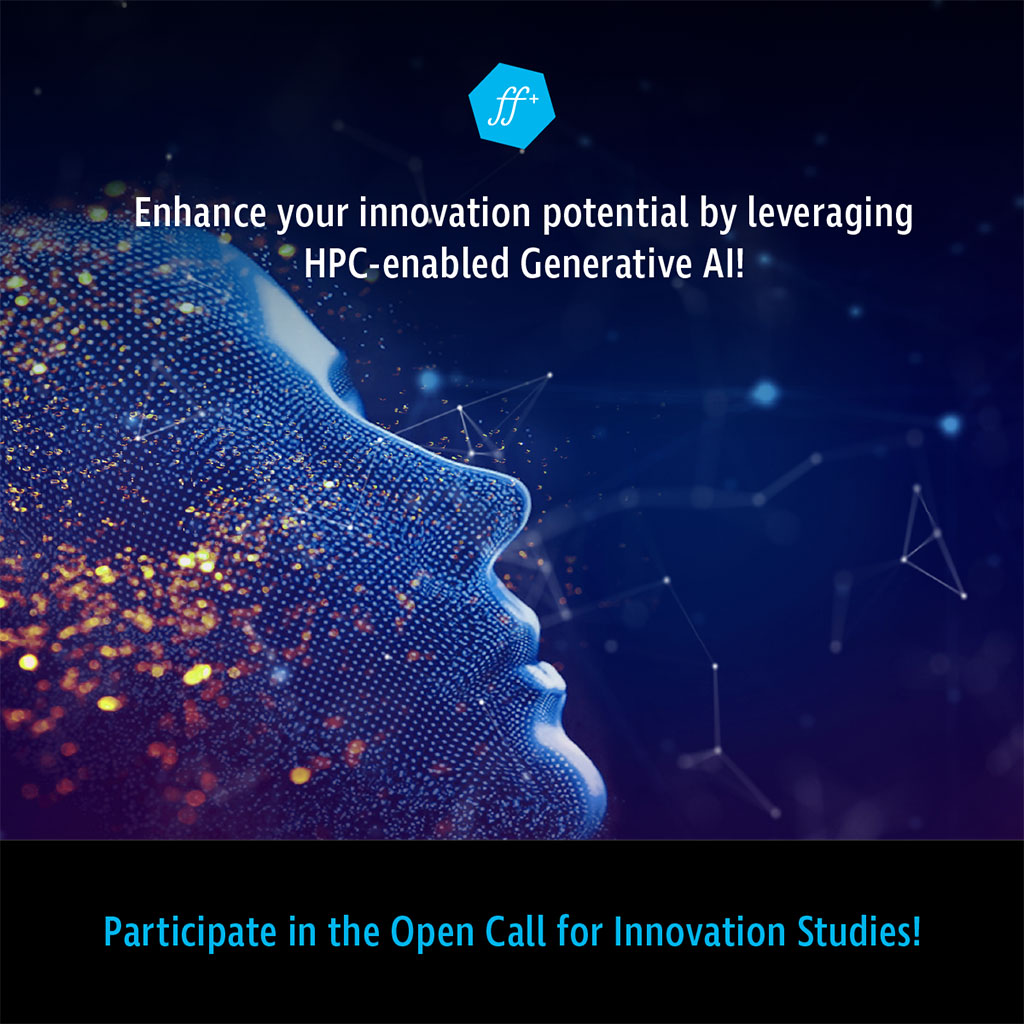
Creating history: the first Montenegrin success story in the Fortisimo project
Within the framework of the five-day Fortissimo call, FF4EuroHPC, the consortium with the support of NCC Montenegro, which included Montenegrin partners DigitalSmart doo (coordinator), Radinović Company, Meso-Promet Franca, University of Donja Gorica, and DunavNET from Serbia, implemented a successful pilot project-experiment AIMHIGH in which partners used HPC, machine learning and IoT technology in agriculture to develop a new solution for monitoring and predicting diseases among poultry.
Are you ready for supercomputing and artificial intelligence?
Montenegrin companies that want to find out if they are ready to use supercomputers and AI technologies in their business can do so by filling out the HPC4SME company assessment tool and find out if and how the organization can benefit from free supercomputer services. Companies that are interested in carrying out the assessment and filling out the questionnaire will be additionally supported by the Montenegrin National Competence Center NCC Montenegro.
You can find the questionnaire at: https://hpc4sme.eu
For more information about the call, you can visit the website of the FFplus project: https://www.ffplus-project.eu/ or contact the Montenegrin National Competence Center (NCC Montenegro) directly at luka.filipovic@udg.edu.me or sanja.nikolic@udg.edu.me
More information about NCC Montenegro: https://eurocc.udg.edu.me/


